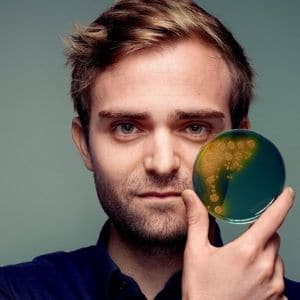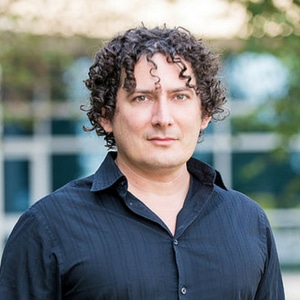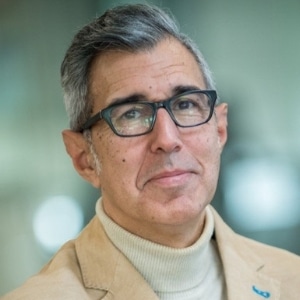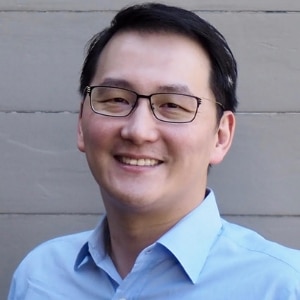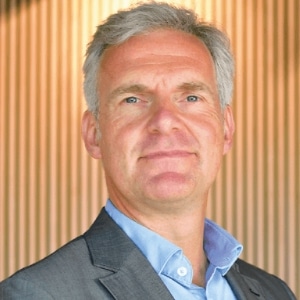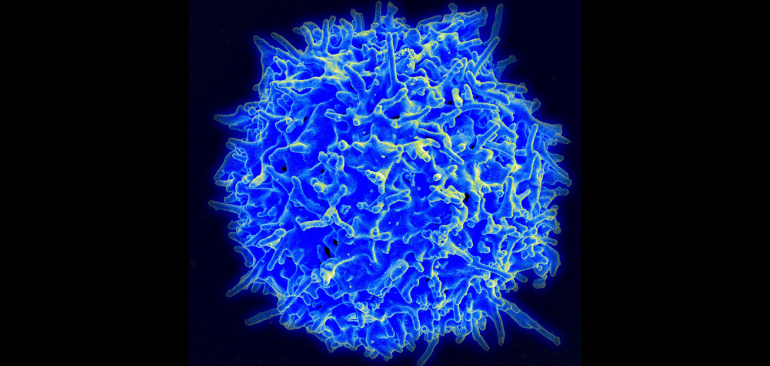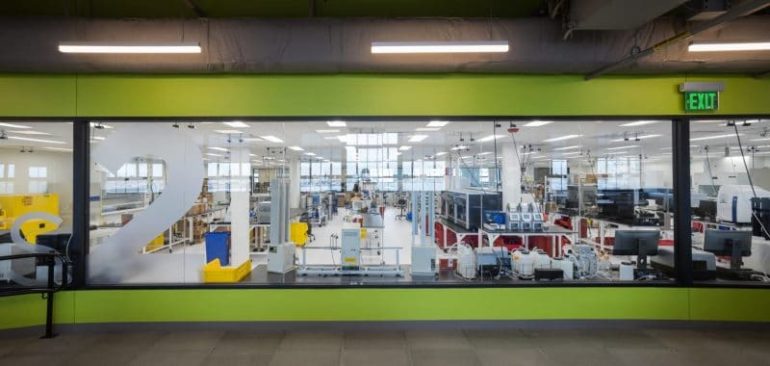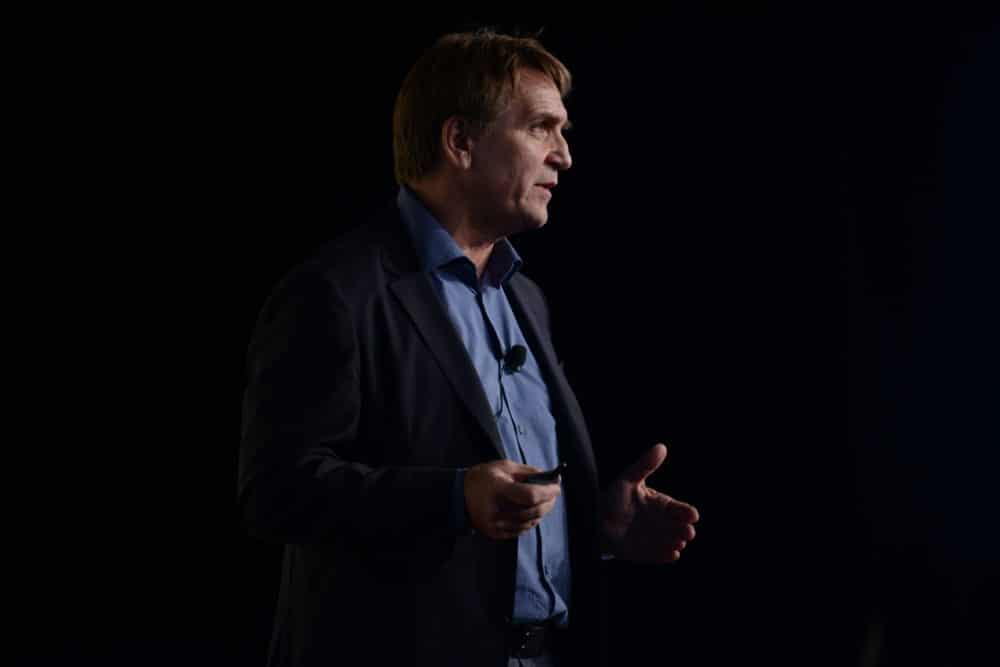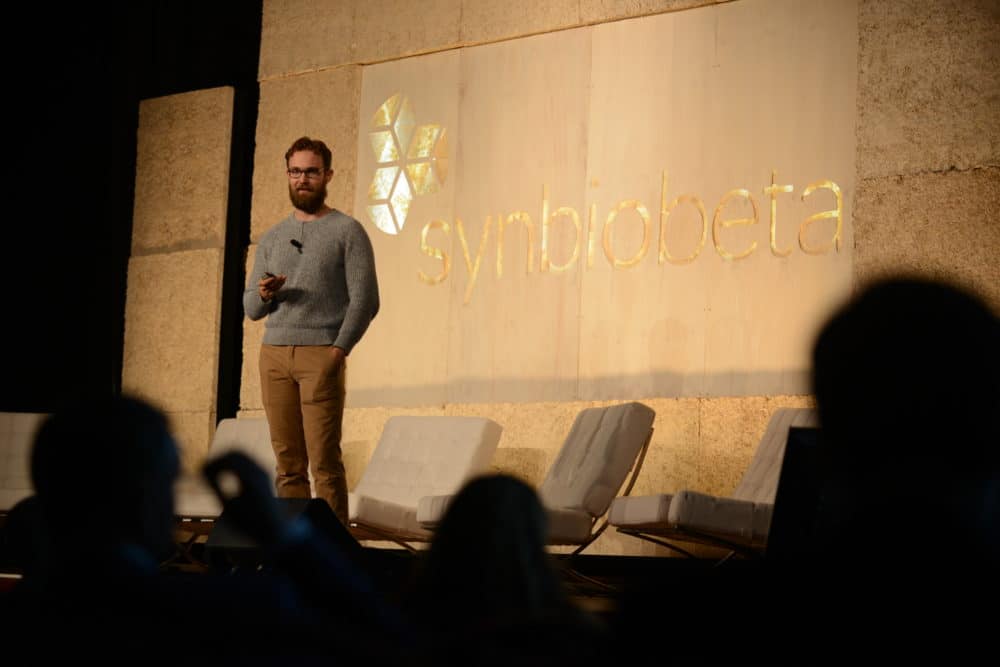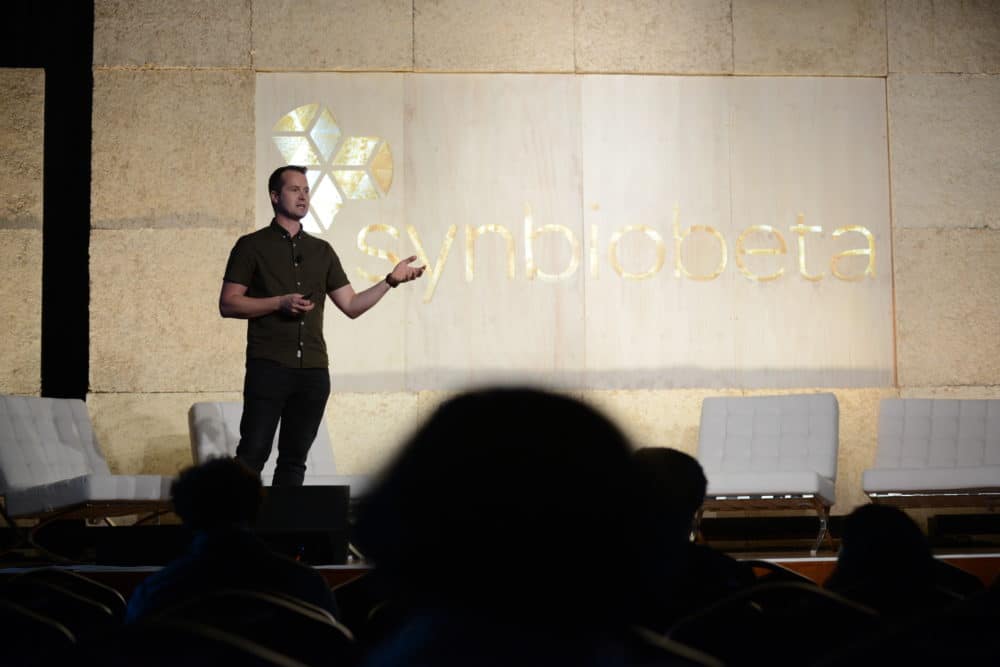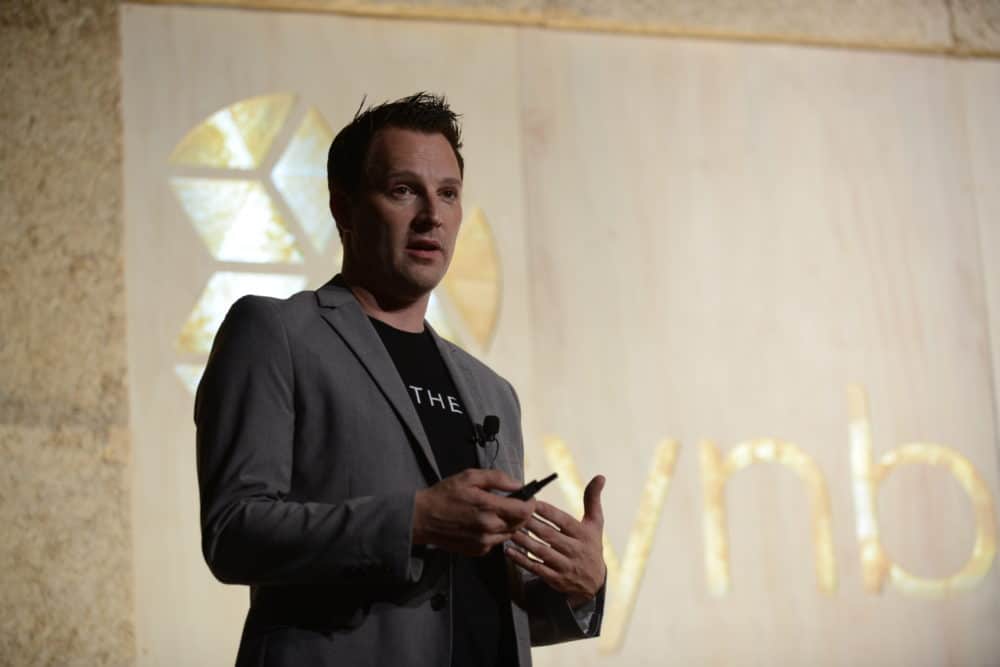Engineered Cell Therapies
Our cells are already optimized for our bodies, and they already come with completely designed, fully functional metabolic pathways. Instead of creating new cells from scratch, engineering cells –leveraging and optimizing their existing properties — to provide clinical benefit is the core of engineered cell therapies. With current technologies, such as CAR-T, we can “teach” T cells to be better cancer hunters. We can create biosensors that track down — and then deliver antibiotics to — pathogens. We can also engineer better DNA delivery systems to improve the success of edited gene delivery. How else can synthetic biology bring cell therapies to the next level? Learn about the exciting work being done right now to transform the future of medicine.
Featured Speakers
Featured Stories
On the future of gene and cell based therapies: An interview with Senti Bio’s Timothy Lu
“Senti is a start-up company focused on using synthetic biology tools to build next-generation cell and gene therapies that can adapt, sense, respond, and have a greater range of effects than current cell and gene therapies are capable of.” READ MORE (Image by Flickr user NIAID via a Creative Commons license.)
Living medicines: Ginkgo’s machine to disrupt the pharma industry
“Imagine a medicine that can treat untreatable diseases with minimal side effects. That’s the potential we see with living medicine, which is to take advantage of all the amazing things that living cells can do”, says Ena Cratsenburg, Chief Business Officer at Ginkgo Bioworks. READ MORE
Living Medicines: Engineering the Microbiome
This year will prove transformative for companies in this sector as new partnerships are forged, cutting-edge technologies are developed and numerous living medicines — that treat everything from skin and gastrointestinal diseases to cancers — advance to clinical trials. The future of living medicines is looking brighter every day. READ MORE
2018 Speakers
“Can synthetic biology provide the control and precision necessary to significantly enhance cell therapy? From my perspective, the answer is a very clear yes. Synthetic biology at Thermo Fisher is all about engineering nucleic acids in cells, but also in vitro, and the technology portfolio we have goes all the way from amidites to oligos to whole genes, making pathways based on larger pieces of genomes, and then eventually just generating cells.” – Helge Bastian, vice-president and general manager at Thermo Fisher Scientific, at SynBioBeta 2018. READ MORE
“Cell therapy is one of the most exciting fields of medicine. This idea that we can now use genetics to scaffold the construction of atomically precise large molecules like antibodies and use them in the human body—that’s transformational and so now we’re at the stage where we’re zooming out one more layer; we’re striving for even greater levels of control.” – Alec Nielsen, CEO of Asimov, at SynBioBeta 2018. READ MORE
“The 20th century was the century of small molecules, but the 21st century is going to be the century of biologics. The most successful of the gene therapy vehicles at the moment is AAV, which stands for adeno-associated virus.” – Ryan Cawood, CEO and founder of Oxford Genetics, at SynBioBeta 2018. READ MORE
“We’re not focusing just on one part, but we’re developing an entire process that allows us to apply this type of thinking to all of genome engineering. This has allowed us to develop not only reagents for people to use, as well as biogenetics tools that we’ve developed internally and provide to the research community — but also to engineer cells themselves.” – Kevin Holden, head of synthetic biology at Synthego, at SynBioBeta 2018. READ MORE



